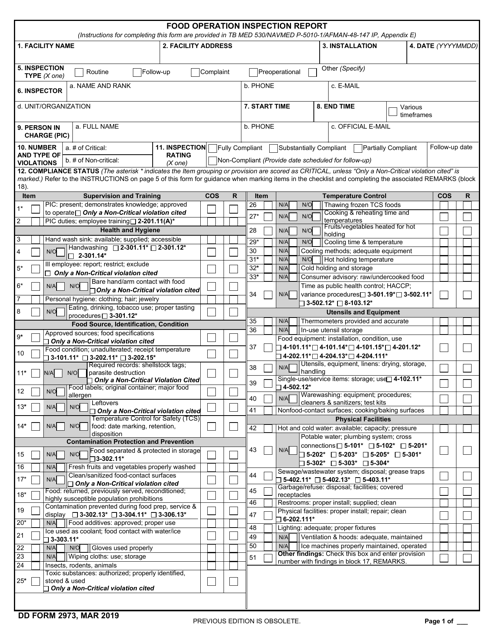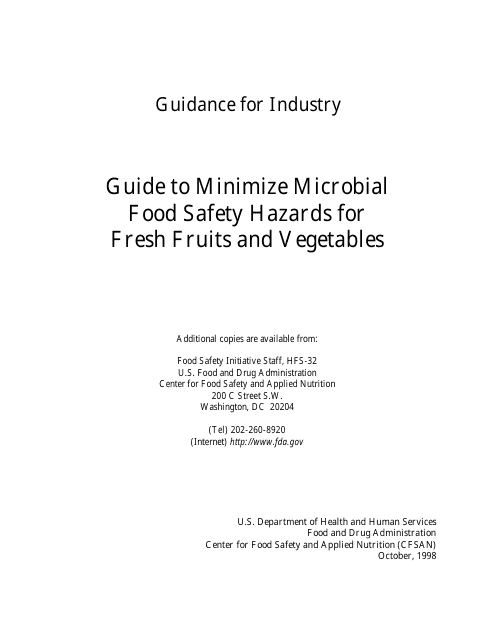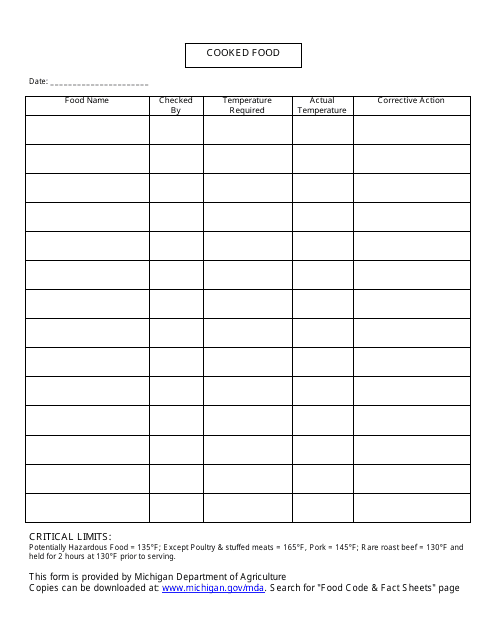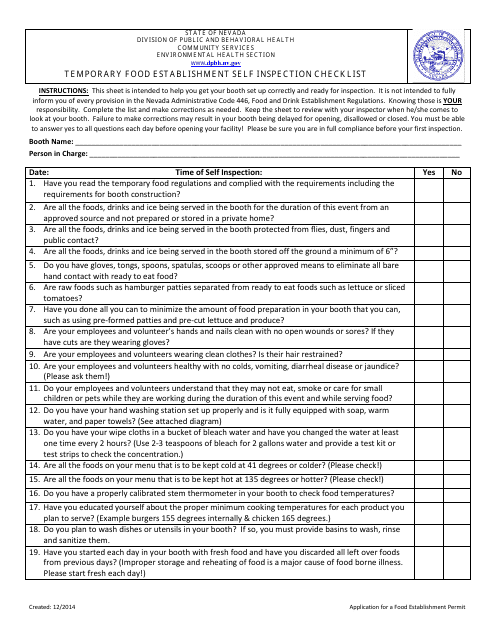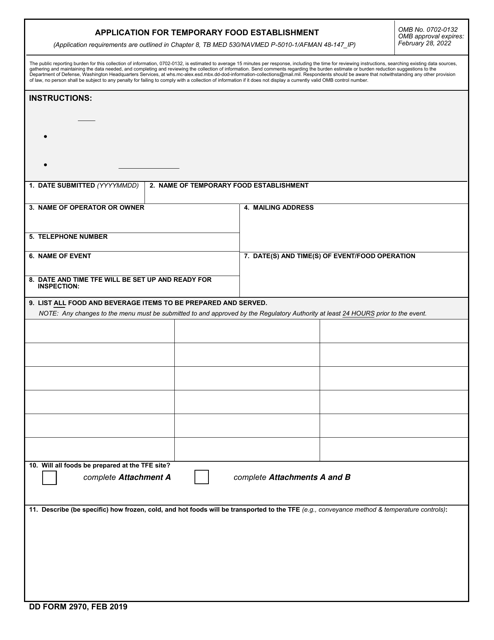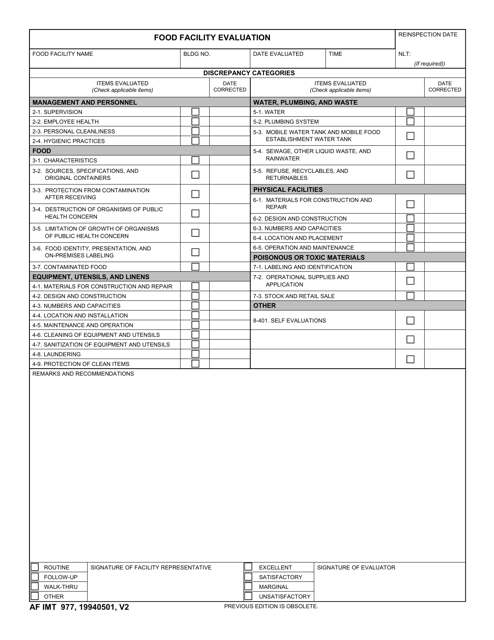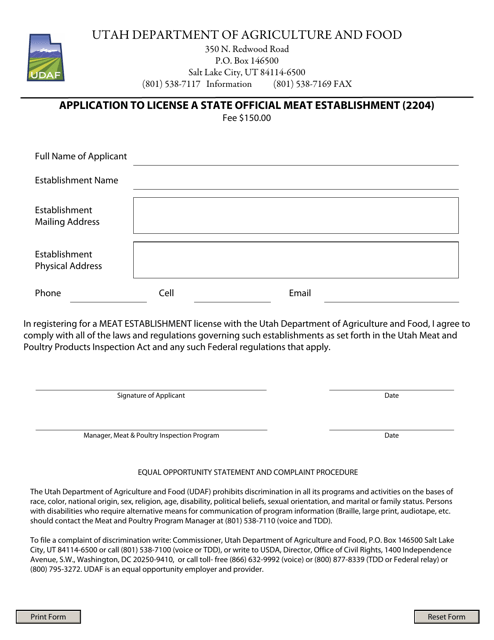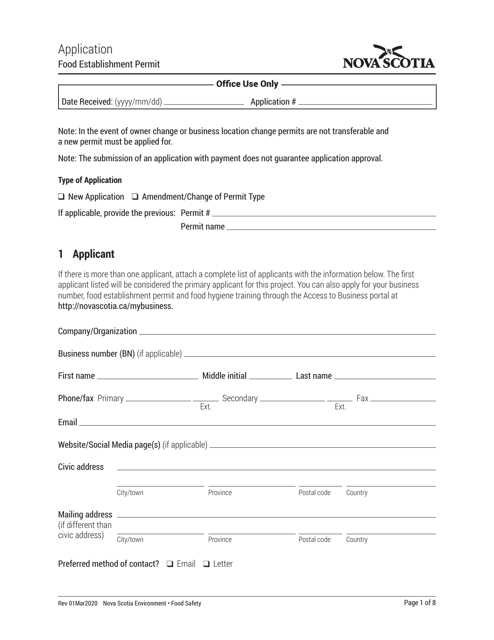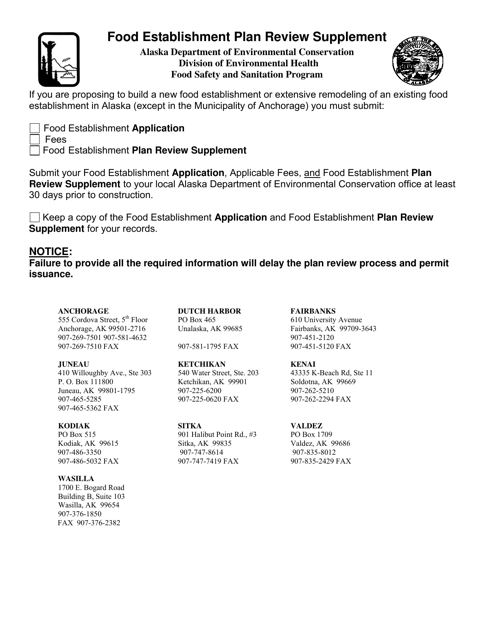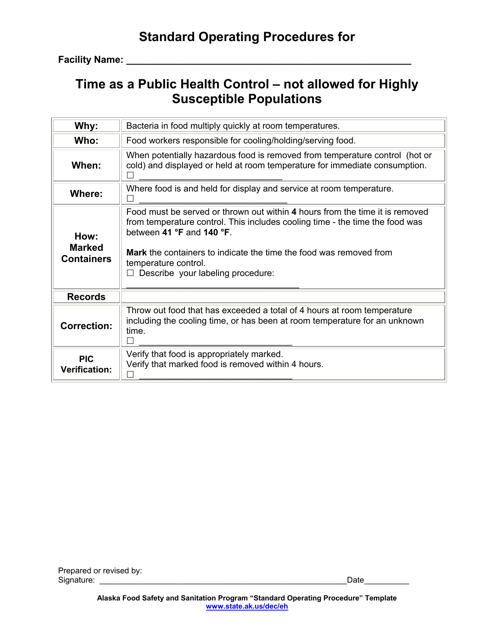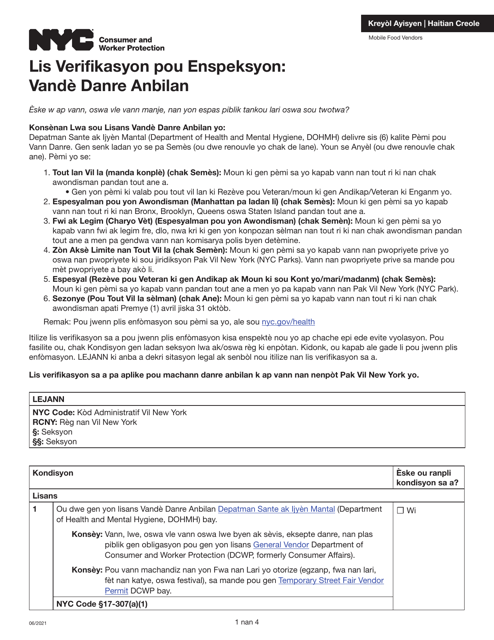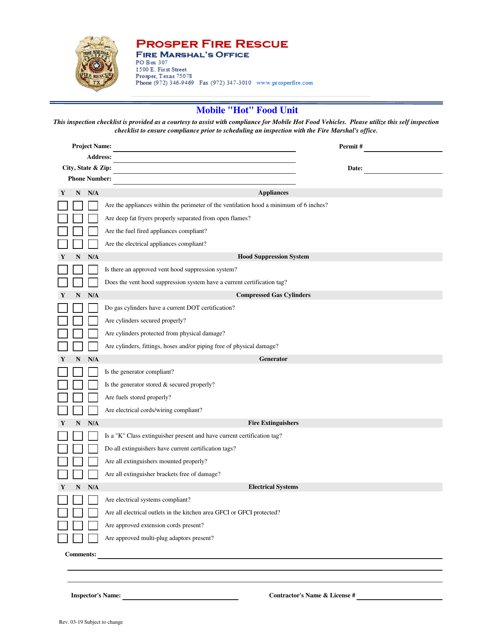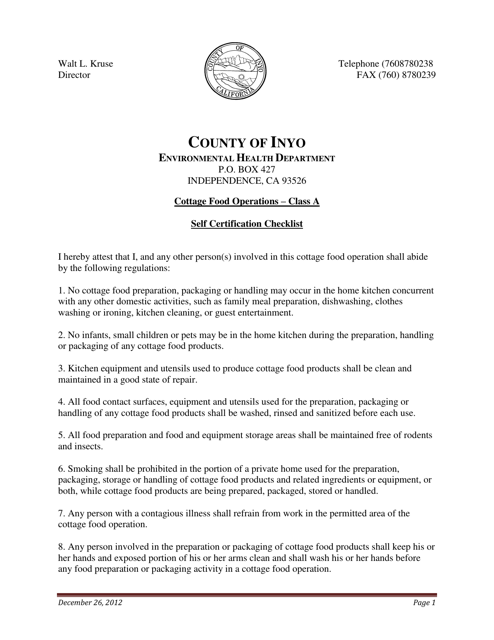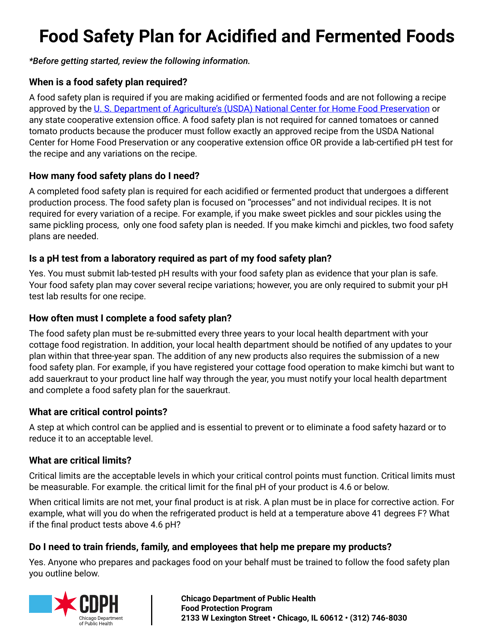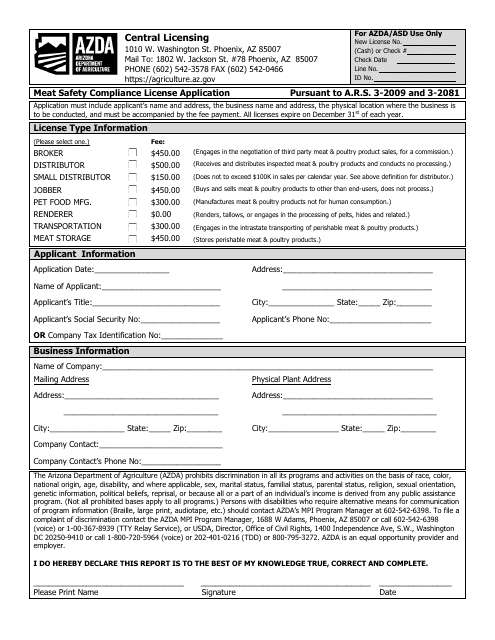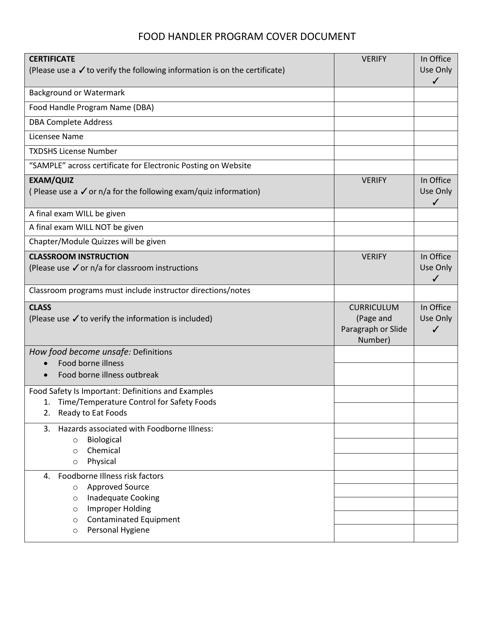Food Hygiene Templates
At [Insert Website Name], we understand the importance of food hygiene in ensuring the safety and well-being of consumers. Our comprehensive collection of documents provides valuable guidance and resources to help individuals and businesses maintain high standards of food safety. Whether you're a farmer, restaurant owner, or food inspector, our documents cover a wide range of topics, from best practices on minimizing microbial hazards in fresh produce to temperature monitoring forms for different regions.
Our food hygiene documents are carefully curated to meet the specific needs of different states and territories. For instance, if you're in Michigan, you can access our Food Temperature Monitoring Forms, which are tailored to the regulations and requirements of your state. Meanwhile, if you're in Nevada, our Temporary Food EstablishmentSelf Inspection Checklist will help you ensure compliance with local food safety standards.
We also offer resources for military personnel and facilities. The AF IMT Form 977 Food Facility Evaluation serves as a valuable tool for assessing the safety and hygiene practices of food establishments within the military. Additionally, our Food Establishment Plan Review Supplement is designed to assist food establishments in Alaska in their plan review process, helping them develop and maintain safe and hygienic operations.
Make food hygiene a top priority with our extensive collection of resources, all conveniently accessible through our website. By incorporating best practices and following the guidelines outlined in our documents, you can create an environment that promotes food safety and protects consumers from potential health risks. Trust [Insert Website Name] for reliable and comprehensive food hygiene knowledge and resources.
Note: I have assumed the name of the website is "Insert Website Name" since it was not provided.
Documents:
16
This document provides guidelines and tips on how to reduce the risk of microbial food safety hazards for fresh fruits and vegetables. It offers recommendations on handling, storage, and preparation to ensure the safety of these food items.
This document is used to monitor the temperature of food in Michigan. It helps ensure that the proper temperature is maintained to prevent foodborne illnesses.
This document is a checklist for temporary food establishments in Nevada to perform self-inspections. It helps ensure compliance with health and safety regulations.
This form is used for evaluating food facilities in the Air Force.
This Form is used for licensing a state official meat establishment in the state of Utah.
This document is used for applying for a food establishment permit in Nova Scotia, Canada. It is required for those who want to open or operate a food establishment in the province. The permit ensures that the establishment meets health and safety standards.
This document provides additional information and requirements for the plan review process of food establishments in Alaska.
This document outlines the procedures for using time as a public health control in Alaska. It provides guidelines on how to safely handle and store perishable food items without refrigeration for a certain period of time.
This document provides an inspection checklist in Haitian Creole for mobile food vendors in New York City. It helps ensure that vendors are following the necessary guidelines and regulations to maintain food safety and hygiene standards.
This document is a checklist used to inspect mobile food units in the Town of Prosper, Texas. It ensures that these units meet the necessary safety and sanitation standards before operating.
This document is a self-certification checklist for Cottage Food Operations in Inyo County, California. It provides guidelines and requirements for Class A operations.
This document outlines the safety plan for operating a cottage food business in the City of Chicago, Illinois. It covers guidelines and requirements for food preparation and handling to ensure consumer safety.
This document is for applying for a meat safety compliance license in Arizona. This license is necessary for businesses involved in handling and selling meat products to ensure they meet safety regulations.
This document is for the Food Handler Program in Texas. It covers the requirements and training for individuals working with food in the state of Texas.

